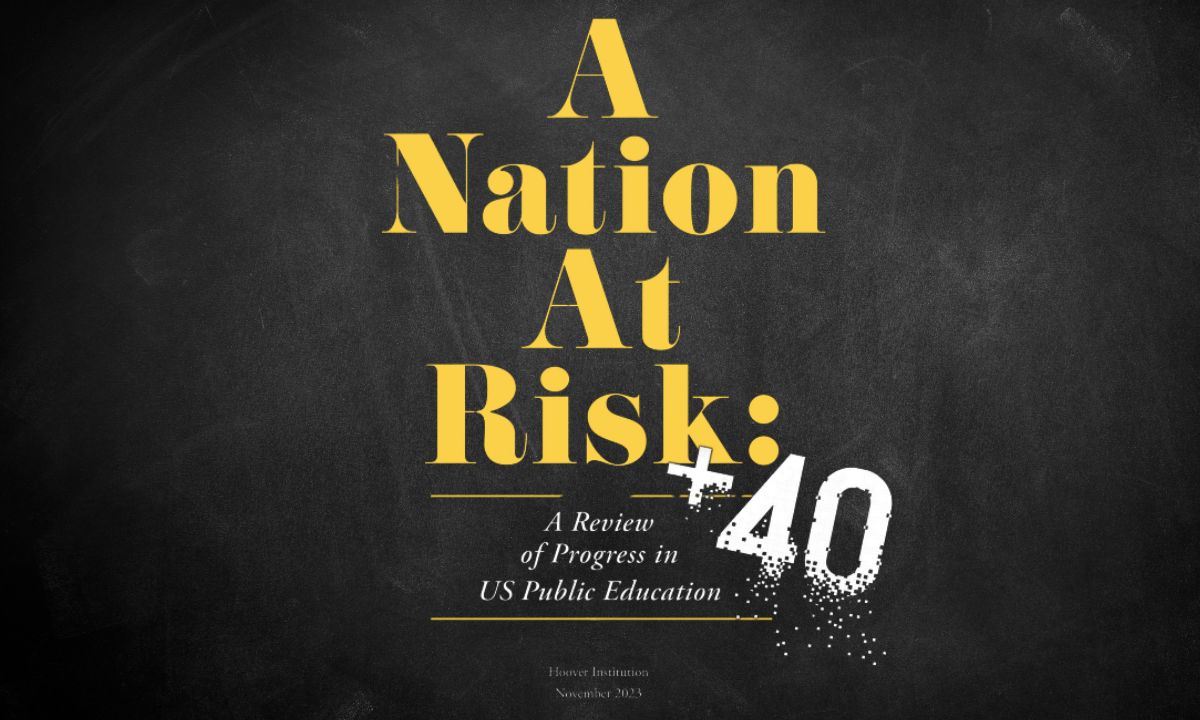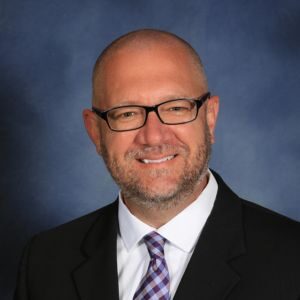Superintendent’s View: Designing a Learner-Centered Ecosystem in Kansas City
Tucker: In my district, educators, policymakers and the community work together to prioritize students' success in school and beyond.

Get stories like this delivered straight to your inbox. Sign up for The 74 Newsletter
Envisioning learning as an integrated ecosystem is essential for the future of education. Like any living organism, the ecosystem should have the ability to adapt swiftly to the most effective practices. It should be able to change direction, evolve as new technologies emerge, be guided and informed by industry experts and educators, ensure that students are provided with clarity and support toward meeting their learning goals, and not be constrained by policies hindering their progress.
This vision encompasses the knowledge and skills needed for success in school and the dispositions that students must have for success beyond the classroom. But despite decades of education reform efforts stemming from the 1983 publication of A Nation at Risk, numerous factors have impeded widespread innovation in schools. Striving to create meaningful learning experiences for all students, Liberty Public Schools, home to approximately 12,500 students from Liberty and Kansas City, Missouri, has taken significant steps in designing a learner-centered ecosystem. This work has evolved through local, regional and state-level collaboration, ensuring that the ideas of students, educators, policymakers and the business community are incorporated.
Strategic planning efforts have defined what it means to be learner-centered so that all children can thrive. These approaches focus on the unique abilities and interests of each student, compared with the traditional, one-size-fits-all model. Through significant community engagement and professional development across all 19 schools in the pre-K-12 system, the district developed a Graduate Profile and Vivid Vision. For over a decade, the district has been working to offer various learning experiences, such as elementary- and secondary-level microschools and the UnSchool Challenge.
These are rooted in Missouri’s educational standards but designed with students at the center. EPIC elementary — EPIC stands for “Every Person Inspired to Create” — was established in 2014 as an incubator for experimenting with such innovative practices as project-based learning and then implementing them across the district. It is a school of choice — meaning a lottery-based educational option outside their traditional neighborhood elementary school that a student’s family can opt into. At the secondary level, North Nation by Design and EDGE are microschools within traditional high schools that focus on collaboration with peers and professionals, student voice and choice, content-specific seminars, problem-based learning and real-world experiences. The UnSchool Challenge, developed in an effort to rethink alternative education, incorporates reverse internships in which business and community partners mentor students both on projects they are passionate about and areas they desire to pursue beyond high school, whether in the workplace, college or the armed services.
With the support of the community and in collaboration with other innovative districts, Liberty Public Schools has created a learning network that extends beyond its boundaries, allowing for exchanging ideas and best practices. Organizations like Education Reimagined reaffirmed our aim to transition from traditional approaches. Acceptance into Digital Promise’s League of Innovative Schools expanded our partnership with like-minded leaders in innovative districts nationwide to learn from one another. The district’s shift in culture and a growing desire to collaborate across the region resulted in a Business to Education (B2E) partnership with area Chambers of Commerce, civic organizations, philanthropic foundations and higher-education partners to expand real-world learning experiences for all students.
One of its key partnerships has been with area districts that are part of the Kansas City area Real World Learning (RWL) initiative. The network is a collaboration of area Missouri and Kansas school districts that connects students with business, industry and higher education to provide experiences that prepare them for success beyond graduation. Through internships, dual-credit classes, industry-recognized credentials, client-connected projects and entrepreneurial experiences, students develop the knowledge and skills needed to excel in college or the workplace.
In Missouri, the State Board of Education and Department of Elementary and Secondary Education are working to redesign traditional approaches to assessment and accreditation. Creating the Success Ready Students Network and establishing Innovation Zones has laid the groundwork for personalized learning that aligns with the Aurora Institute’s definition of competency-based education. By emphasizing the importance of ensuring that students graduate with at least one market-value asset, Missouri is designing a more personalized and effective approach to education.
As the state faces changes in leadership and governance, it must remain committed to innovation and personalized learning experiences for students. By building upon the successes of the past and embracing new approaches to assessment and accreditation, Missouri can create the learning ecosystems that students need and deserve.
The Liberty Public Schools’s learning ecosystem exemplifies what is possible when educators, policymakers and the community unite to prioritize student success and create a learner-centered approach to education. By continuing to innovate and collaborate, districts in Missouri and across the country can work to scale innovation that truly meets the needs of all learners.
Get stories like these delivered straight to your inbox. Sign up for The 74 Newsletter

;)
